Recently Sold
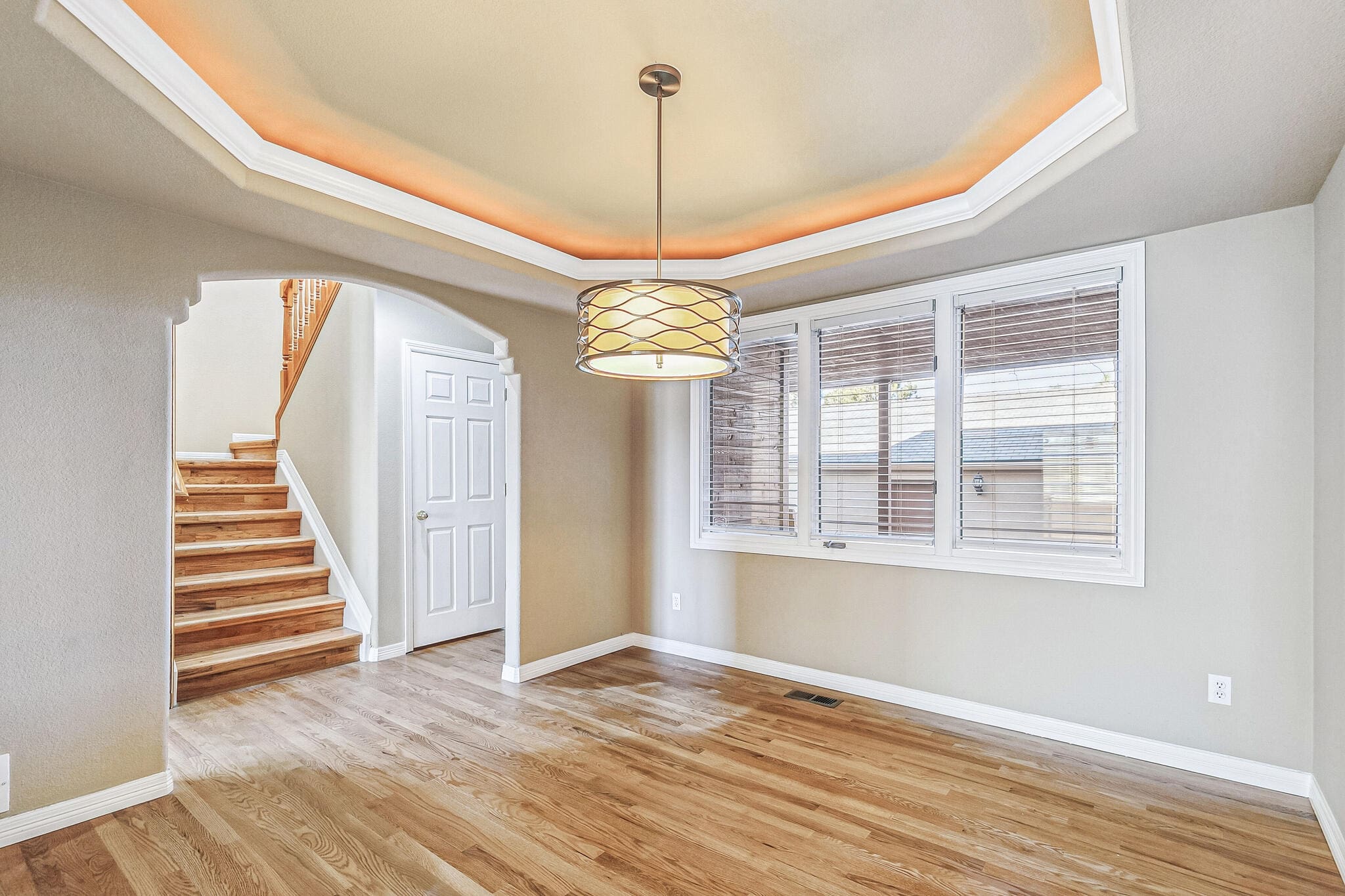
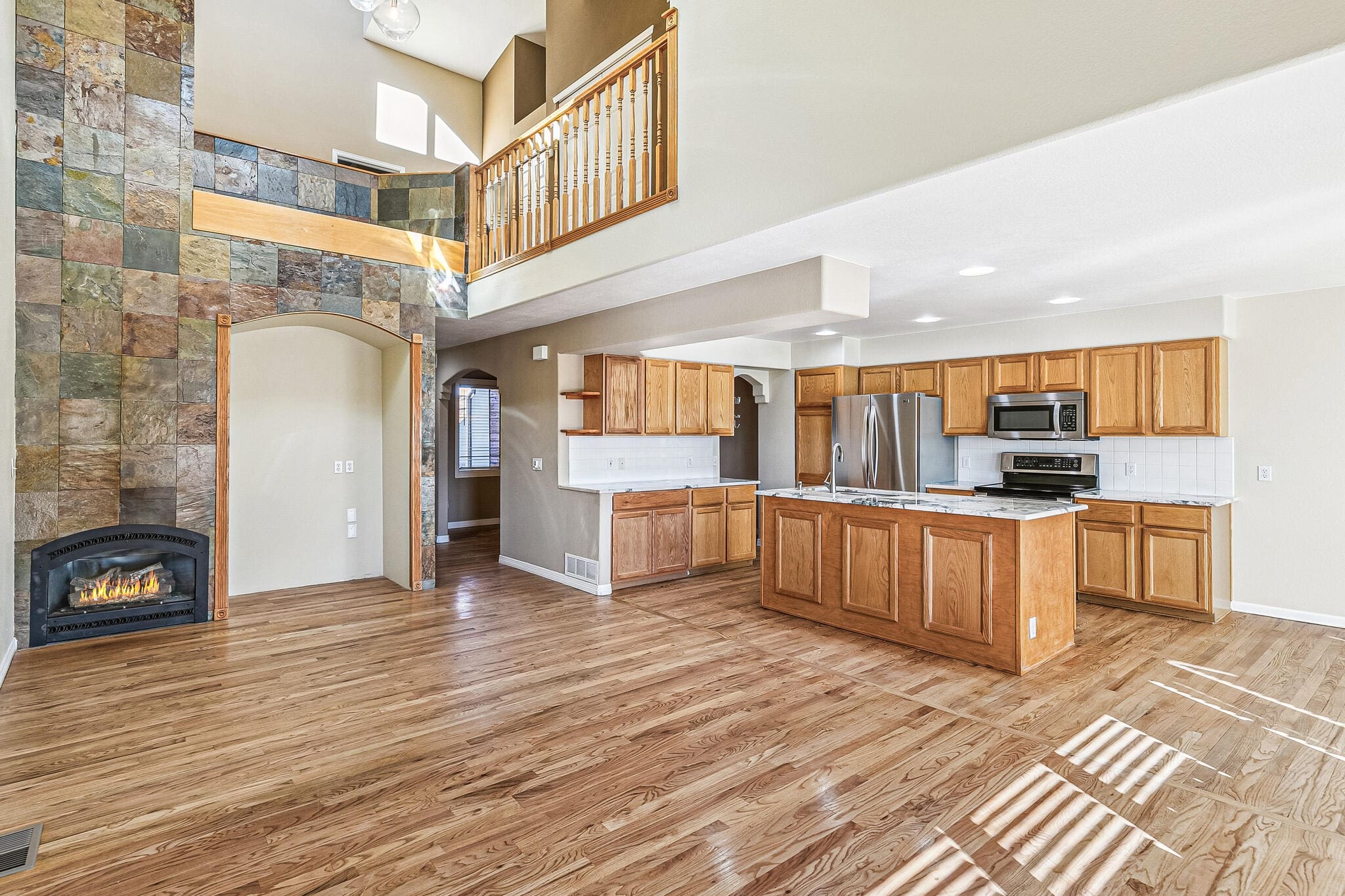
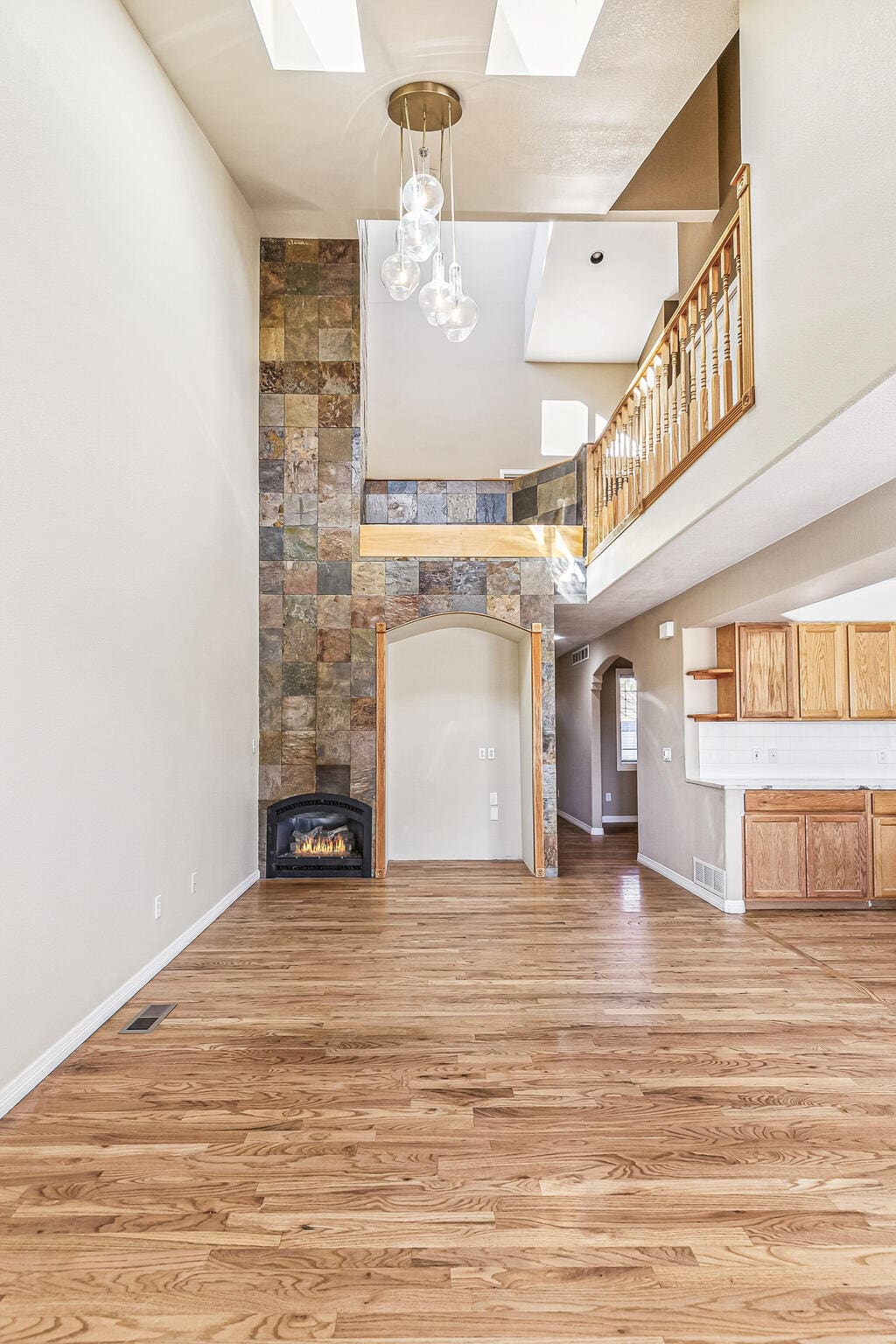
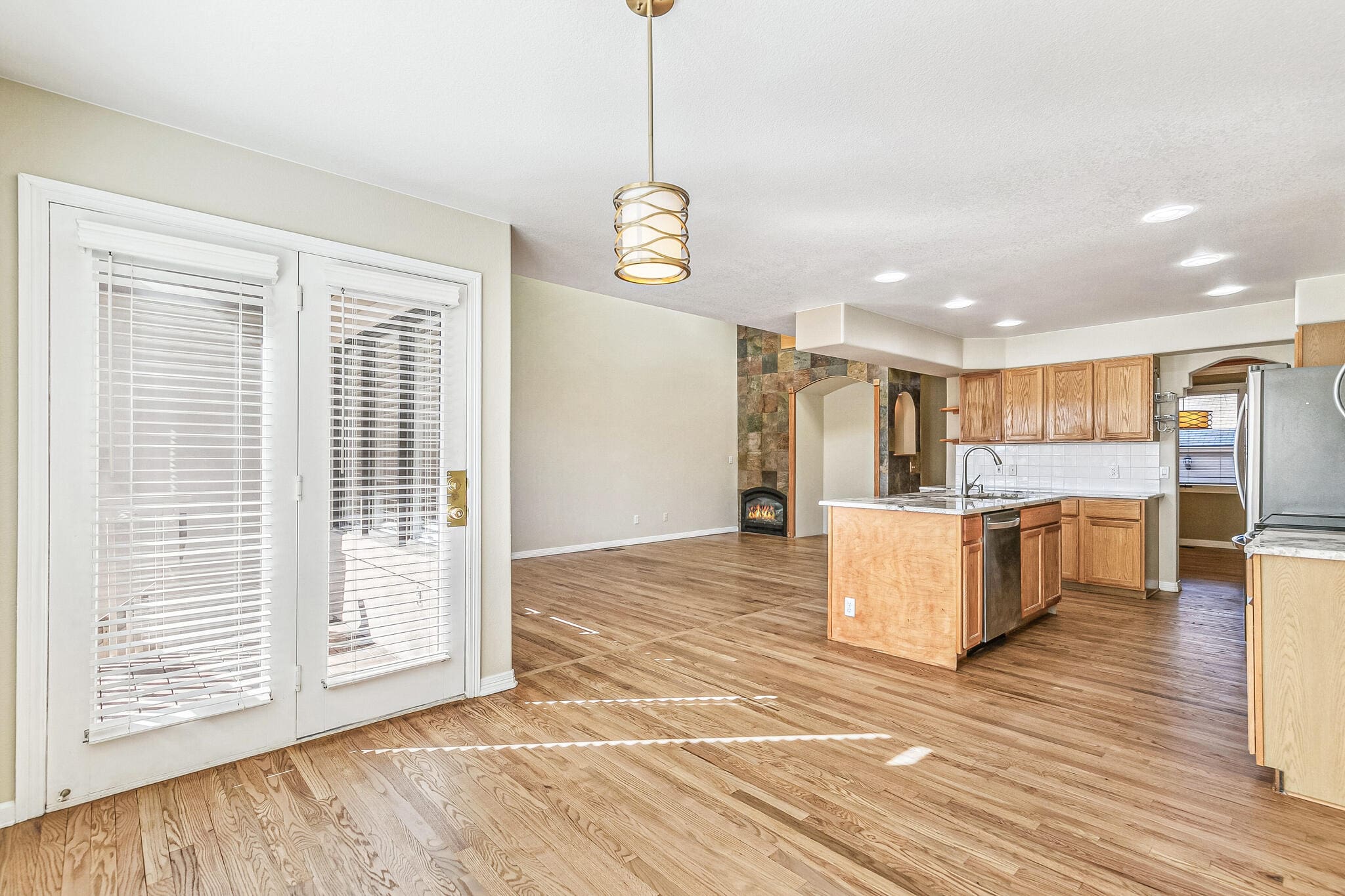

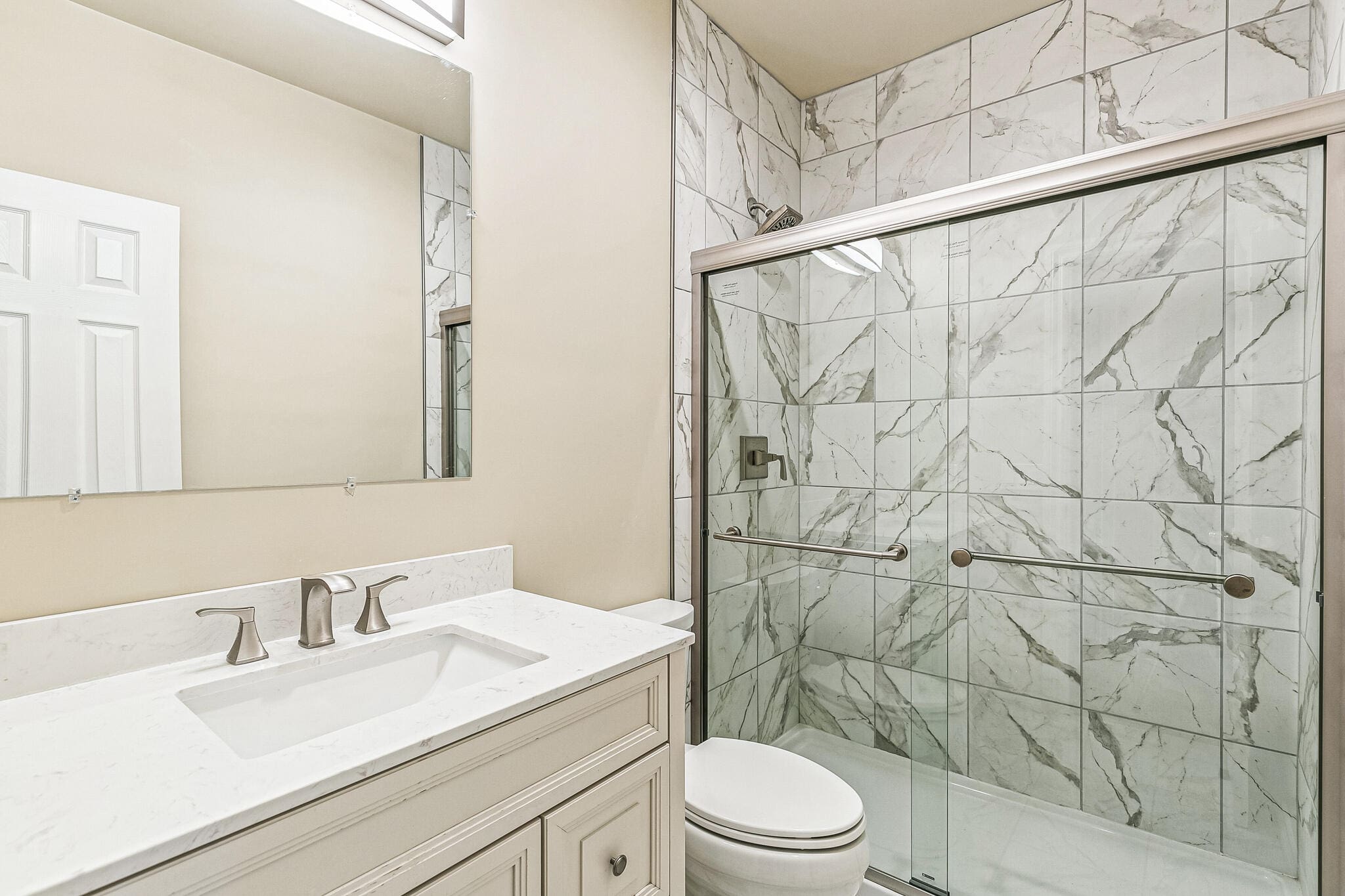
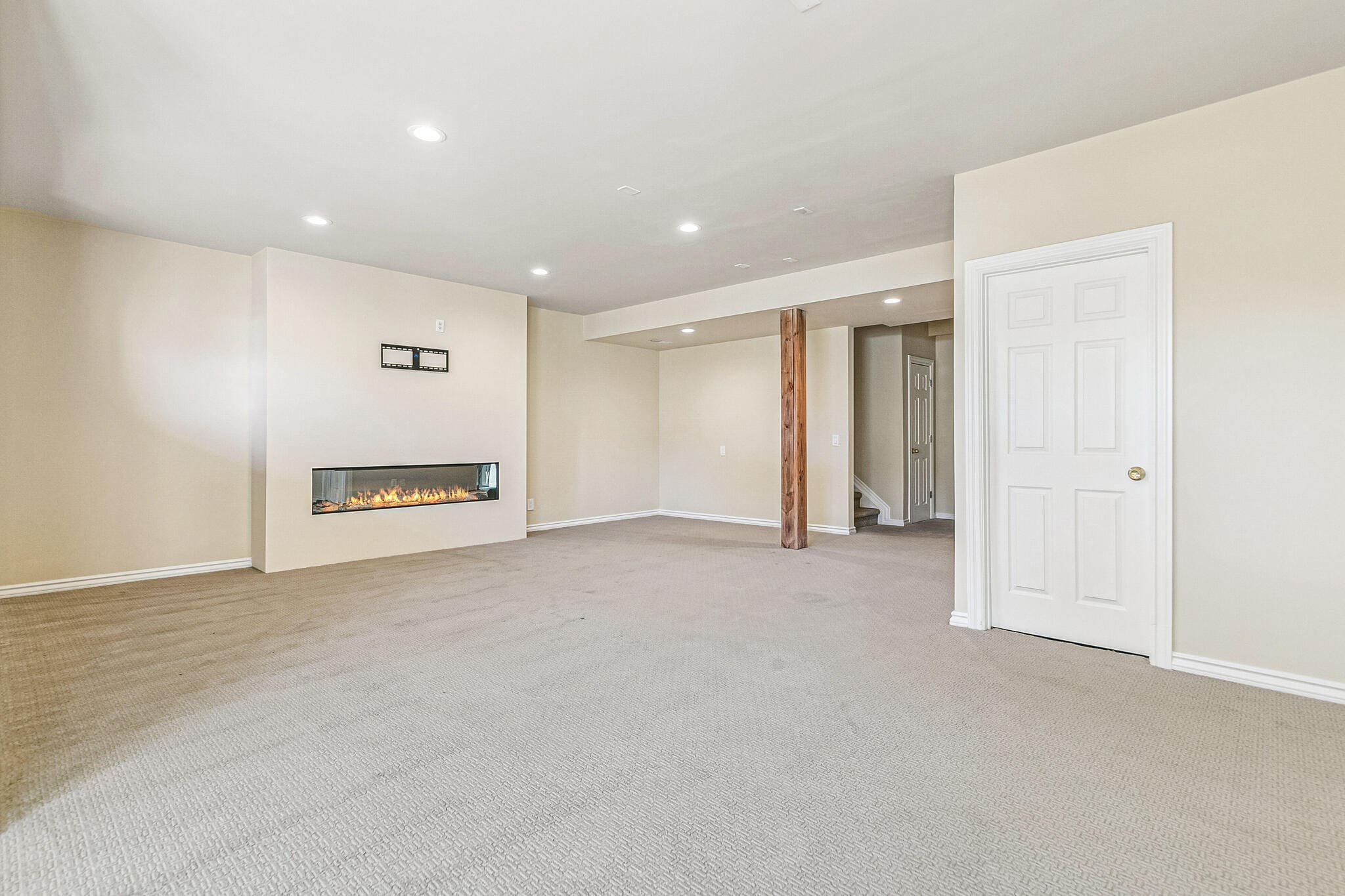
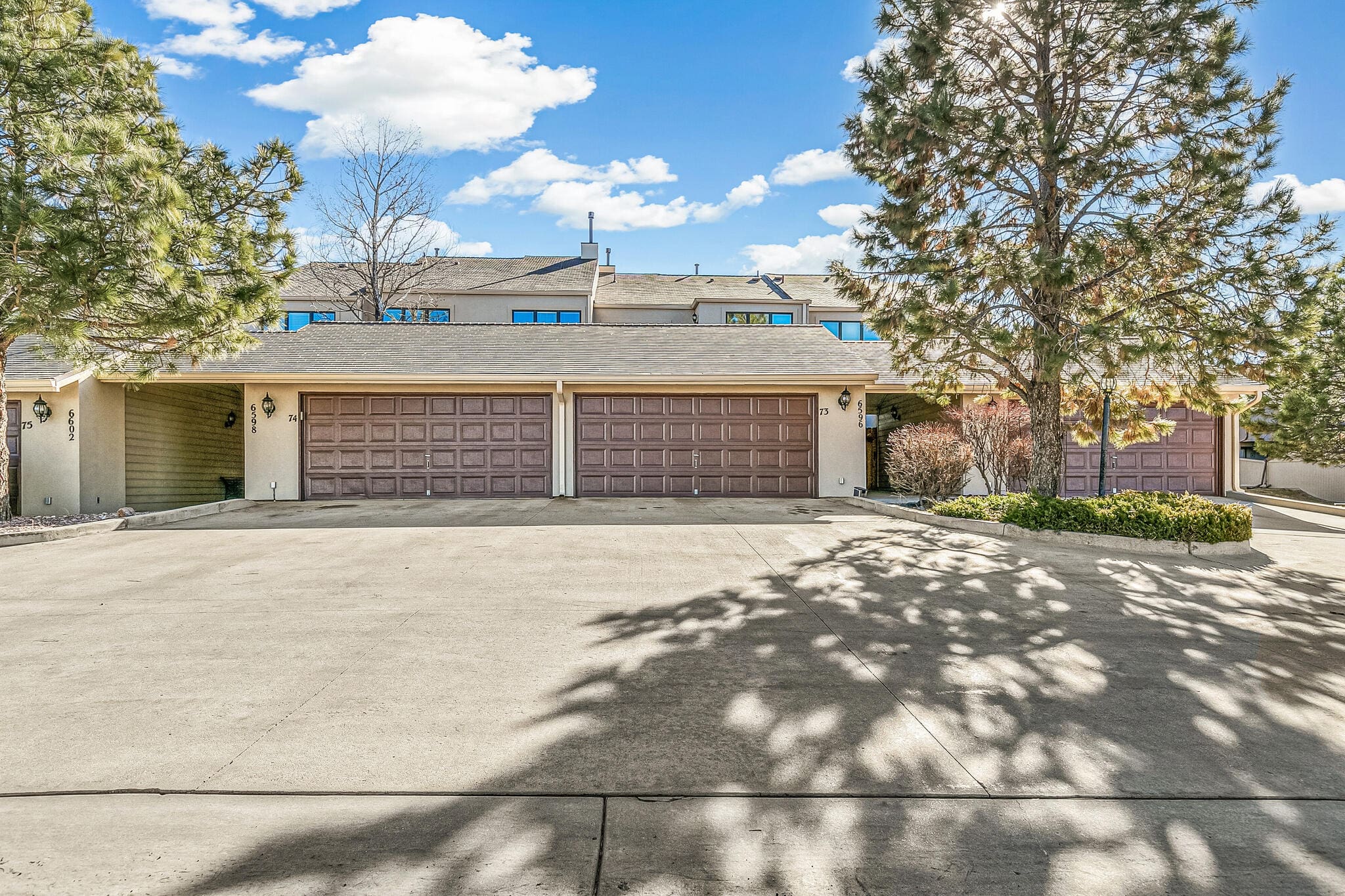


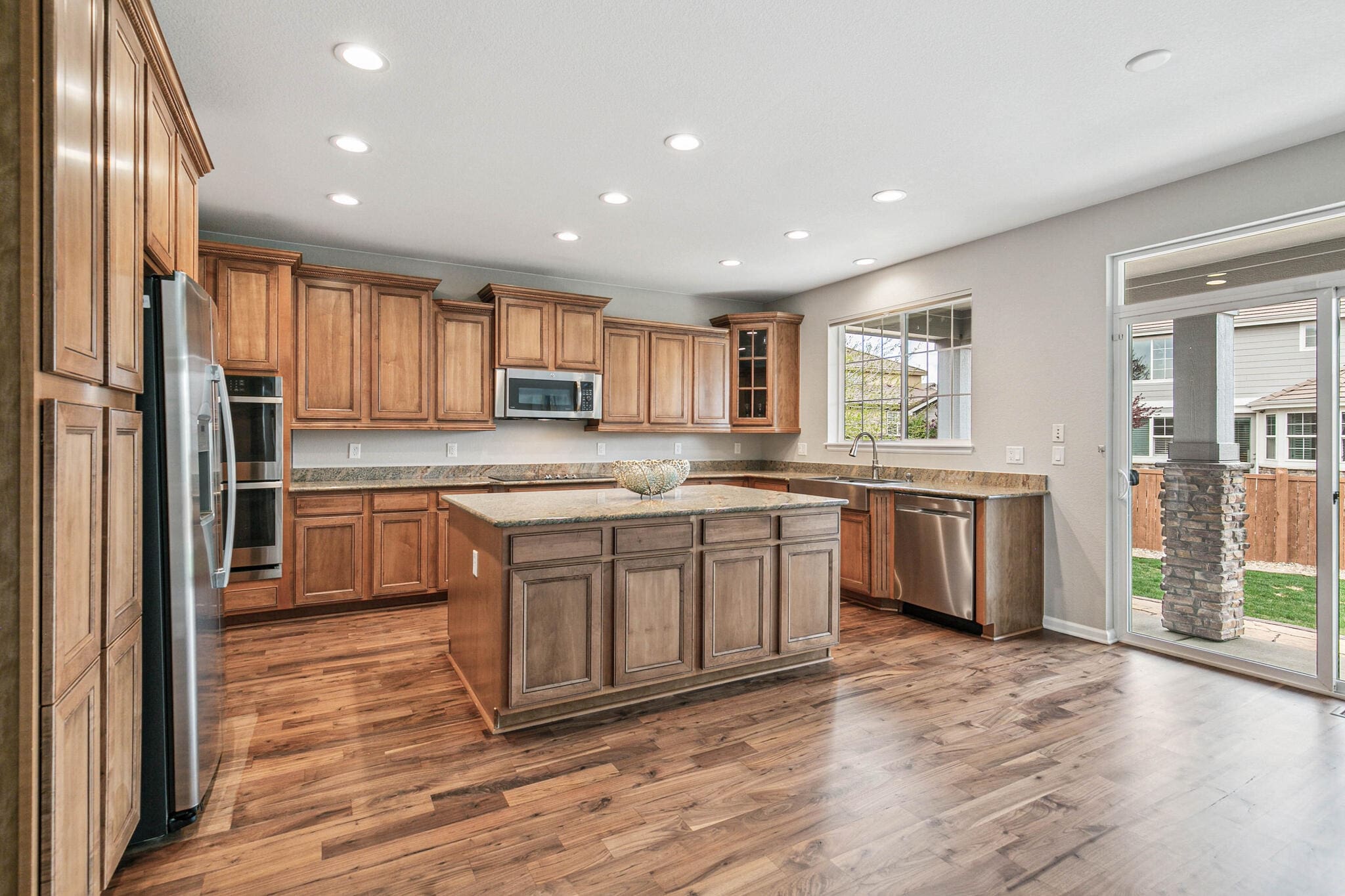


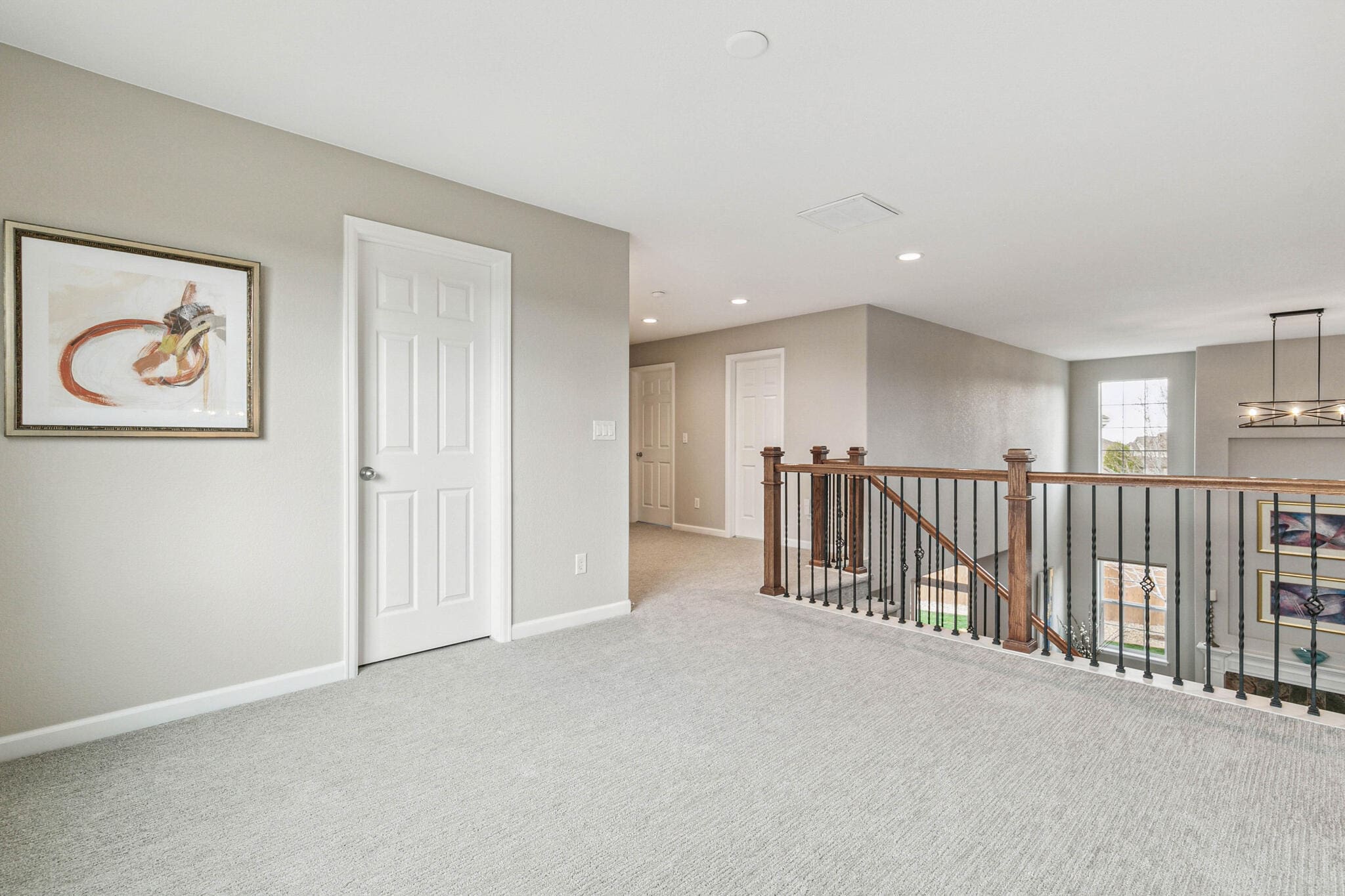
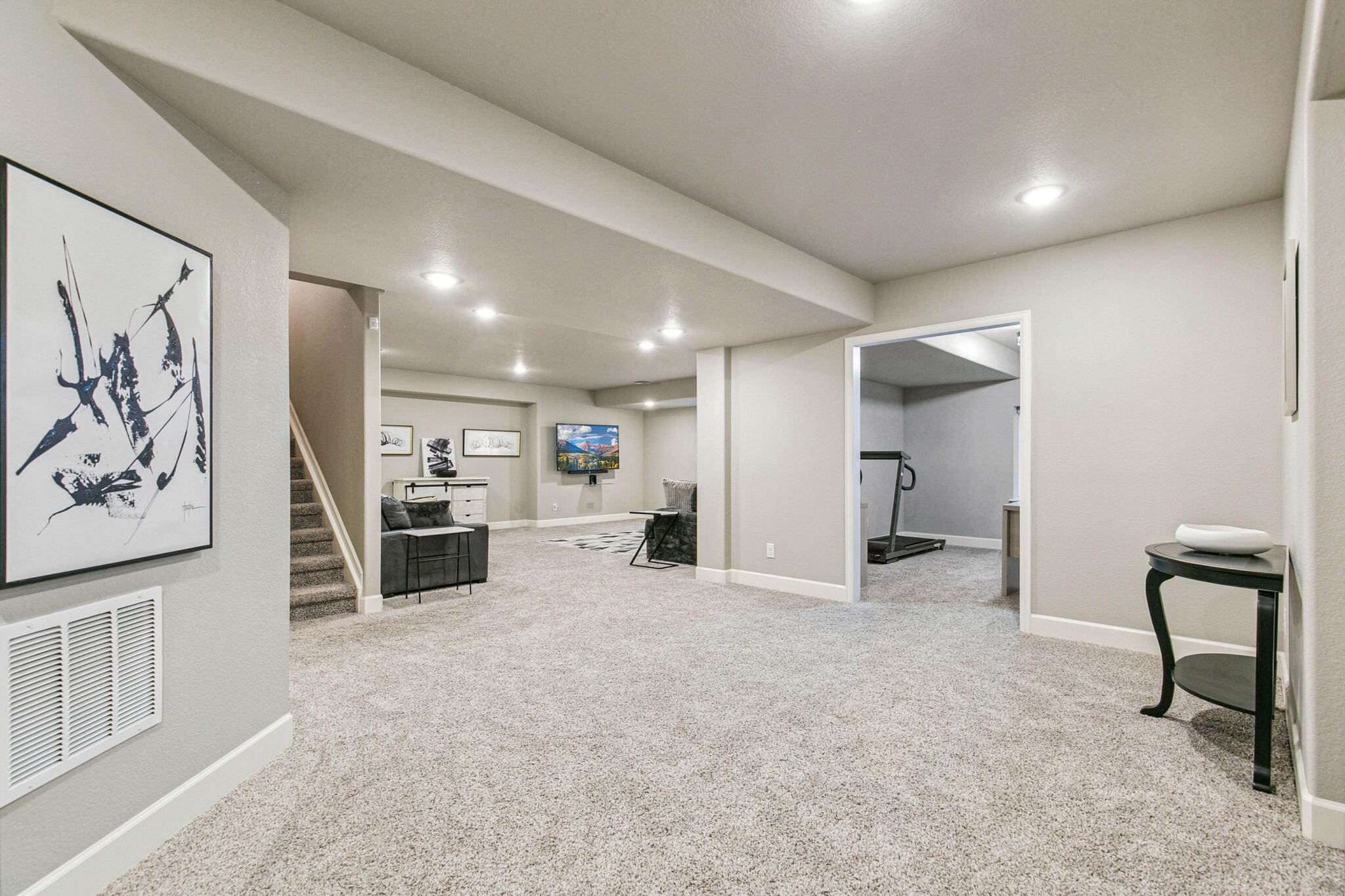

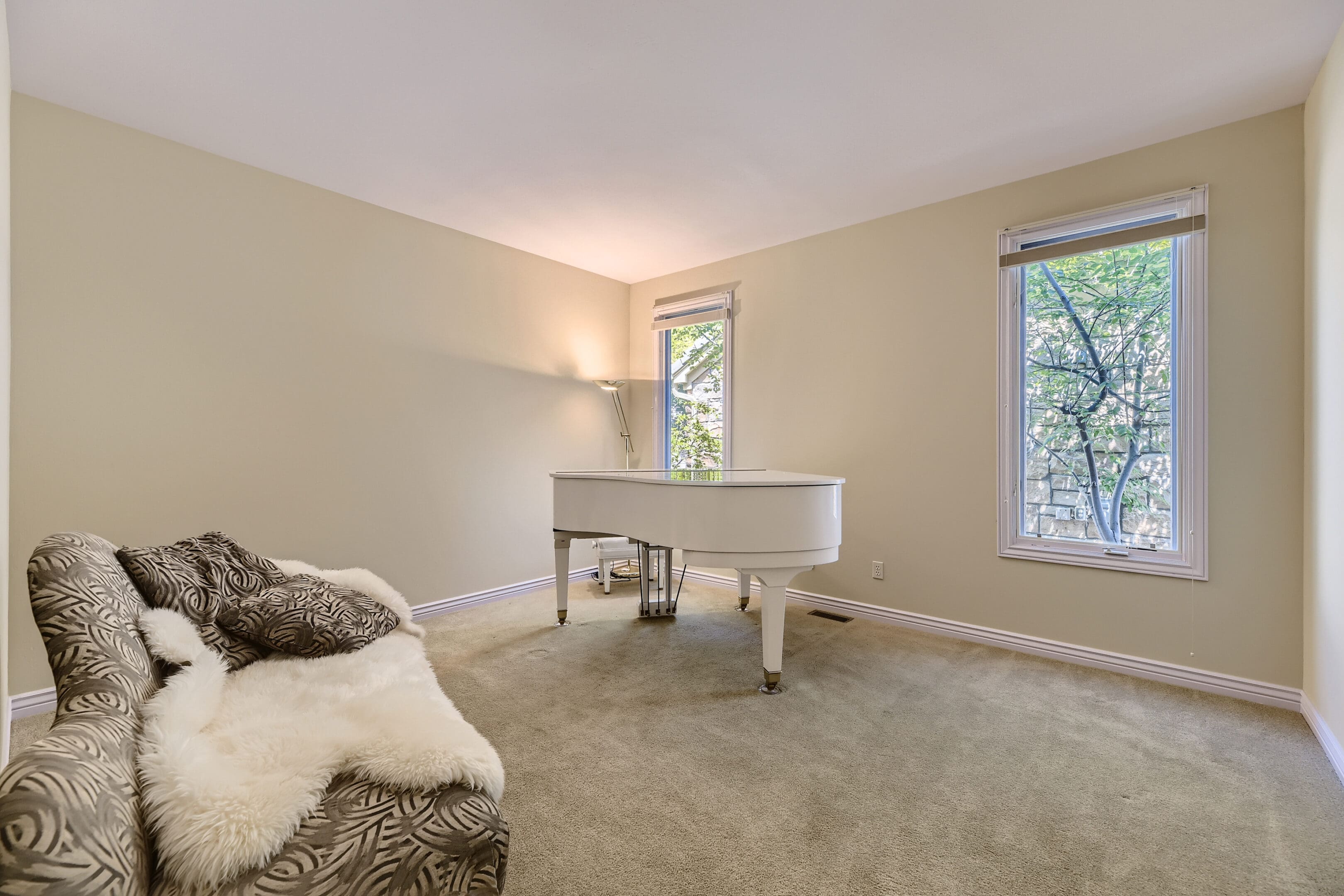


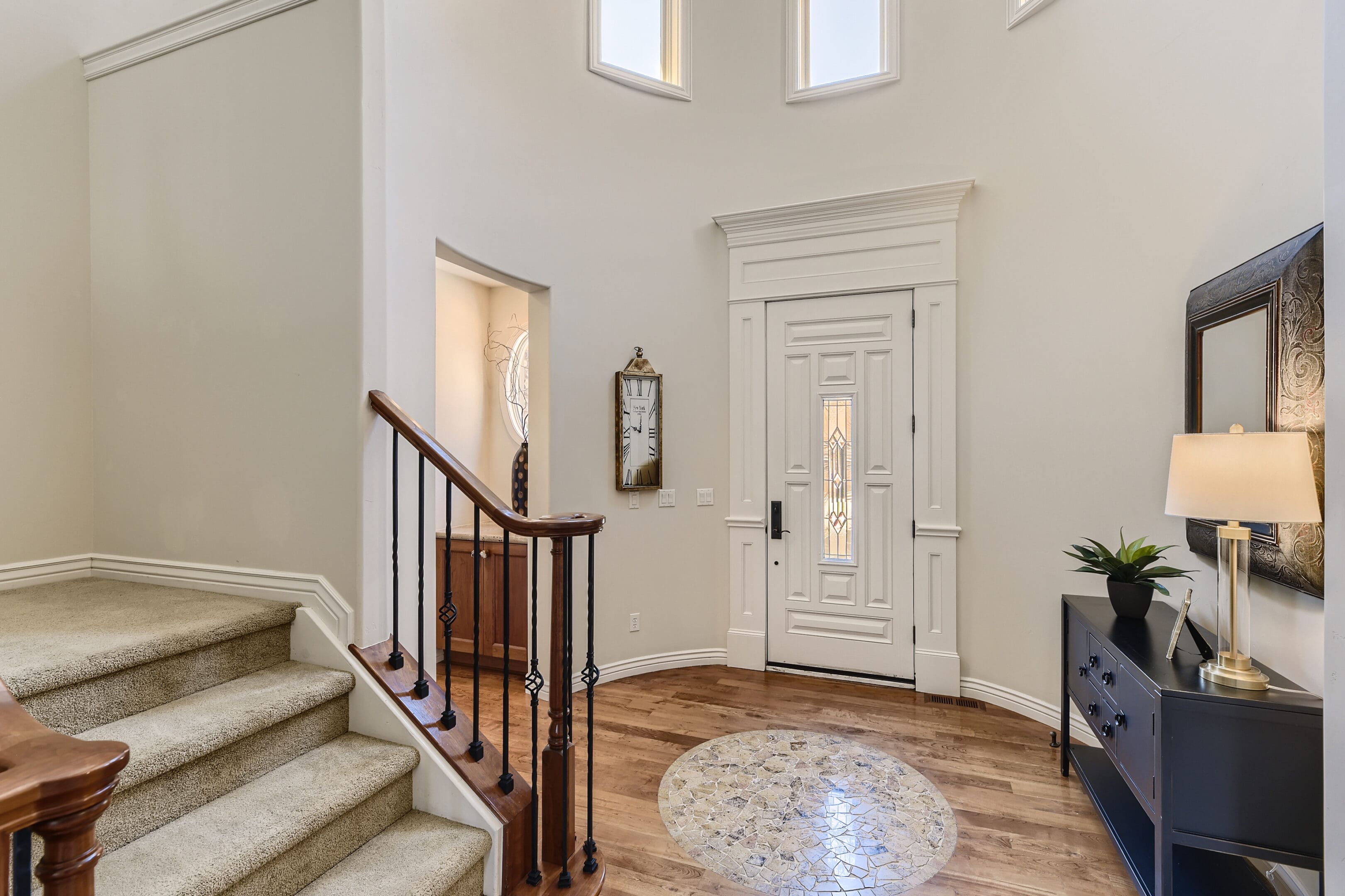
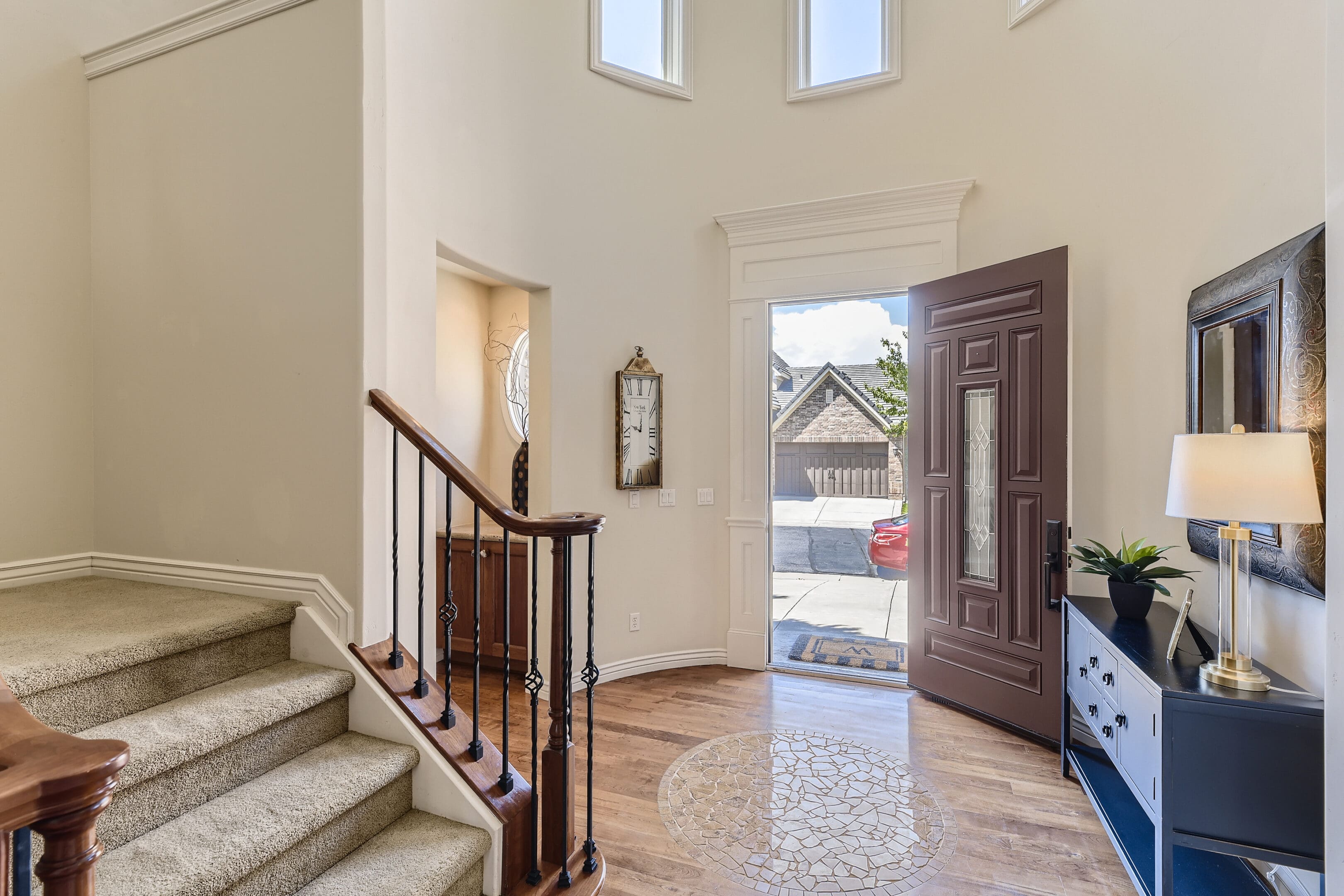





The Selling Edge
Whether you're ready to sell your home or looking for answers, I will support you every step of the way. I enjoy reviewing current market conditions and coming up with strategies to get my seller's home sold.
Manage The Showings
A showing is a private viewing of your home, whereas an open house is a more public one. During a showing, a buyer's agent schedules a time for their client(s) to tour your home privately. On the other hand, an open house means the house is open to buyers who can walk through the property at their leisure.
As your real estate agent, I can provide you with valuable advice on how to prepare your home to ensure it is competitively positioned in the market. Typically, there are two phases of preparation. During the first phase, professional photos and videos will be taken. Before the first showing, there are certain things you should do to make your home ready for potential buyers.
- Deep clean the home.
- Paint some or all of your house (ask your agent).
- Do minor repairs such as caulking the tubs and windows.
- Make major repairs if needed, and within your budget.
- Stage your furniture to showcase your home’s best features.
- Declutter every surface and storage space.
- Reorganize your closets and pack excess items.
- Eliminate odors such as cleaning the fireplace or pulling out musty rugs.
- Add a color scheme with rugs or pillows if needed to warm up your home.
- Upgrade your lighting or light bulbs to make your rooms brighter.
- Spruce up the landscaping.
- Power-wash your decks and sidewalks if needed.
If you want to sell your house, there are three important things you can do to help make it happen. These are:
- Leave when your house is being shown. Buyers prefer to look at homes when they can move around freely, and the owners aren’t there.
- Make your house as available as possible. While it may be inconvenient to show your home at dinnertime or on weekends, buyers who can’t see a property when they’re eager may cross it off their list.
- Listen to any feedback from buyers or agents about ways you can make your home more appealing.
As your real estate agent, I will work closely with you to ensure maximum exposure and a faster sale of your property.


Review all Offers
A real estate offer is a formal proposal made by a potential buyer to purchase a property. It typically includes details such as the offered purchase price, financing terms, contingencies (like inspections or appraisals), proposed closing date, and any other terms or conditions the buyer wants to include. The seller can accept, reject, or counter the offer, starting a negotiation process until both parties reach an agreement or decide not to proceed.
When selling your home, it's important to consider various factors when evaluating offers. As your real estate agent, I will help you make an informed decision.
Offer Price: Compare the offered price to the current market value of your home and the price of comparable properties in the area. A higher offer may be more appealing but consider other terms as well.
Financing Terms: Evaluate the buyer's financing terms, such as whether they are pre-approved for a mortgage, the size of the down payment, and the type of loan (conventional, FHA, VA, etc.). Cash offers are often more straightforward and faster to close.
Contingencies: Review any contingencies included in the offer, such as inspections, appraisals, or the sale of the buyer's current home. Contingencies can impact the timeline and certainty of the sale.
Closing Timeline: Consider the proposed closing date and whether it aligns with your desired timeline for selling the home. A quicker closing may be preferable, but ensure it's feasible for both parties.
Earnest Money: Evaluate the amount of earnest money the buyer is offering as a sign of their seriousness and financial commitment to the purchase.
Other Terms: Take into account any other terms or requests in the offer, such as repairs or updates requested by the buyer, seller concessions, or specific closing arrangements. By carefully reviewing each offer in these areas, you can assess which offer best meets your needs and negotiate terms that work for both you and the buyer.
When selling a home, it's important to handle multiple offers effectively. As your real estate agent, I can help you make the best decisions.
Review Each Offer: Evaluate each offer thoroughly, considering factors like the offer price, financing terms, contingencies, closing timeline, earnest money, buyer's background, and any other terms or conditions.
Consider Strengths and Weaknesses: Compare the strengths and weaknesses of each offer. A higher offer price may be enticing, but a cash offer or one with fewer contingencies might be more attractive overall.
Communicate Clearly: Keep communication open with all interested buyers and their agents. Let them know that you have multiple offers and establish a deadline for submitting their best and final offers.
Negotiate: If one offer stands out but doesn't fully meet your expectations, consider negotiating with that buyer to improve the terms. This could include requesting a higher price, fewer contingencies, or a faster closing.
Choose the Best Offer: Ultimately, choose the offer that aligns most closely with your goals as a seller. This may not always be the highest offer but rather the one that offers the best overall package and likelihood of a successful and smooth transaction.
Prepare For The Home Inspection
A home inspection is a detailed examination of your home's structure and systems conducted by a professional home inspector. As a buyer, you can use the inspection report to decide whether to revoke your offer if any major or minor issues are discovered or to request repairs if the contract is contingent upon a satisfactory report. As a homeowner, you are not obligated to repair or replace any items identified during the inspection. However, as your real estate agent, I will provide suggestions on how to keep the deal intact.
During a home inspection, a qualified inspector thoroughly examines various aspects of a property to assess its condition and identify any potential issues. Here are the key areas typically looked at during a home inspection:
Structural Components: This includes the foundation, walls, roof, ceilings, floors, and overall structural integrity of the home.
Exterior: The inspector checks the exterior of the home, including the siding, windows, doors, trim, decks, patios, driveways, and grading around the property to assess for any damage or maintenance issues.
Roofing: The condition of the roof, including the roofing materials, flashing, gutters, downspouts, and any signs of leaks or damage, is inspected.
Plumbing System: The plumbing system is examined, including pipes, fixtures, faucets, water heater, water pressure, drainage, and any visible leaks or issues.
Electrical System: The electrical system is checked for proper wiring, outlets, switches, circuit breakers, electrical panels, grounding, and safety hazards like exposed wires or overloaded circuits.
HVAC Systems: The heating, ventilation, and air conditioning (HVAC) systems are inspected to ensure they are functioning properly, including the furnace, air conditioning unit, ductwork, filters, thermostats, and ventilation.
Interior Spaces: Interior areas of the home, such as rooms, ceilings, walls, floors, stairs, railings, doors, and windows, are examined for any visible damage, defects, or safety concerns.
Insulation and Ventilation: The inspector checks the insulation levels, ventilation in attics and crawl spaces, and ensures proper airflow to prevent moisture issues and energy inefficiency.
Appliances: If included in the inspection, major appliances like the stove, oven, dishwasher, refrigerator, washer, and dryer are tested to verify they are in working condition.
Safety Features: The inspector evaluates safety features such as smoke detectors, carbon monoxide detectors, fire extinguishers, handrails, and other safety measures required by building codes. After the inspection is completed, the inspector provides a detailed report outlining their findings, including any deficiencies, recommended repairs or maintenance, and important safety concerns. Buyers can use this information to negotiate repairs or credits with the seller or make an informed decision about the property
The inspector won’t check some items that are unusual or inaccessible, such as.
- Septic systems.
- Lead based paint or hazardous concerns.
- Wells both potable and non-potable.
- Underground pipes and sprinkler systems.
- Swimming pools and spas.
- Playground equipment.
However, the buyer can hire inspectors who specialize in these types of inspections.
Before the home inspector arrives, you should:
After the inspection report is generated and provided, we will have a discussion. I will assist regarding any possible issues. You have the option to negotiate with the buyers and decide to fix or replace an item, or provide money for the buyers to fix it themselves. If you had already planned on fixing or replacing an issue that was discovered, simply provide documentation that the problem has been addressed or is scheduled for replacement. As your real estate agent, I will assist you in handling any inspection issues.

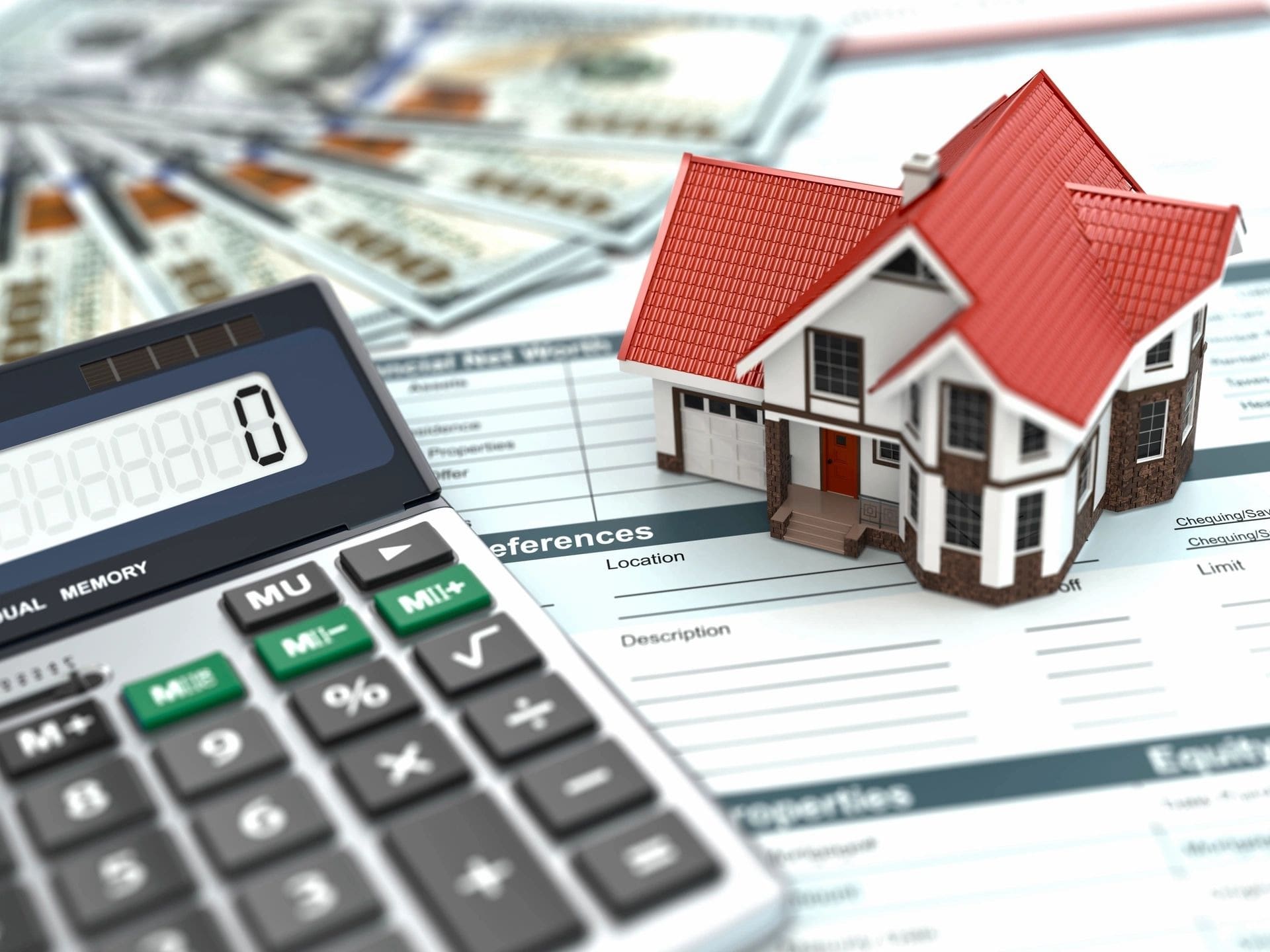
Prepare For The Appraisal
A home appraisal is an evaluation of a property's worth carried out by a licensed or certified appraiser. The appraisal is an impartial assessment of the property's value based on various factors. The primary purpose of a home appraisal is to determine the fair market value of the property and guarantee that the buyer and lender pay a reasonable price for it. If the appraisal value is less than the contract price, the seller may reject the offer to sell at the appraisal deficiency amount.
Appraisers use many measurable pieces of data to provide an accurate value of a property, including.
- The general condition of the home.
- Location of the home.
- The age of the home.
- The home's exterior.
- Design of the home.
- Signs of water damage.
- Size of the home.
- The home's interior.
- Home improvements.
- Signs of deferred maintenance.
- Safety issues.
Appraisers also research comparable sales within a 1-mile range and neighborhood values of other properties.
Preparing for a home appraisal as a seller can help ensure that the property is presented in the best possible light and may potentially lead to a higher appraised value. Here are some tips for preparing for a home appraisal:
Clean and Declutter: Ensure that the home is clean, tidy, and free of clutter both inside and outside. A well-maintained and organized property can create a positive impression on the appraiser.
Complete Repairs: Take care of any needed repairs or maintenance tasks before the appraisal. This includes fixing leaky faucets, repairing damaged walls or flooring, addressing roof issues, and any other visible defects.
Enhance Curb Appeal: The exterior of the home should look inviting and well-maintained. Trim bushes and trees, mow the lawn, plant flowers, if possible, clean walkways and driveways, and ensure that the exterior paint is in good condition.
Provide Access: Make sure the appraiser has easy access to all areas of the property, including interior rooms, basements, attics, garages, and any outbuildings. Clear any obstacles that may impede the inspection process.
Compile Documentation: Gather relevant documents and information about the property, such as renovation or upgrade records, permits, floor plans, property surveys, recent home improvements, and a list of features and amenities.
Highlight Features: Point out any unique features or upgrades that may add value to the property, such as energy-efficient upgrades, new appliances, updated HVAC systems, renovated bathrooms or kitchens, smart home technology, or recent landscaping improvements.
I will welcome the appraiser to your home and provide them with information that supports the contracted price.
In the process of buying a property, an appraisal may be required. If the appraised value of the property is lower than the contract sales price, it could lead to a renegotiation. In such a scenario, the appraised value determines the maximum amount that the lender will allow the buyers to borrow, minus the down payment. Depending on how the contract was written, if the appraisal is lower than the expected value, renegotiation would be an option, such as.
- Ask the buyer to come up with extra cash to make up the difference between the contract price and the appraisal deficiency.
- Reduce your price to the appraised value.
- Split the difference with the buyer.
- Cancel the contract.
As your real estate agent, I can advise you on your options.
Close The Deal
Before the closing day, you’ll need to:
- Provide all receipts and invoices for required repairs.
- Gather all appliance manuals and warranties if required.
- Hire a mover.
- Cancel all utilities for the day after you move.
- Change your address.
- Review your settlement document.
- Clean the house and remove all debris.
- Prepare for the buyers’ final walk-through.
It is possible that sellers might not attend the closing of the transaction. However, it is recommended to have an in-person closing, as it is the most efficient way to complete the transaction and avoid complications like power of attorney. The closing generally takes place at the title company and can take 45 minutes to 2 hours to complete. During the closing, you will sign all documents in the presence of an official state-approved title representative. Some of the expenses incurred by the seller, which are deducted from the sale proceeds, will also be discussed during the closing.
- Final balance on the current mortgage if any.
- Real estate commissions the seller/s has agreed to pay.
- Prorated property taxes, utility bills, homeowner’s insurance, and homeowner association dues.
If you are unable to move out of your home before the closing date, you can arrange a rentback or post-closing occupancy agreement from the buyers. As your real estate agent, I will assist you in completing an official document. However, it is recommended that this be done at the time of the original offer. The buyers will also do a walk-through of your home within 24 hours before the closing to ensure that the property is in good condition and complies with the terms of the contract. If the buyer finds something that needs to be fixed, as your agent, I can help you decide how to handle it. Regardless of whether or not you attend the closing, you will need to provide house keys, alarm codes, remote controls for the garage, mailbox number, and any other necessary items to the buyer.
After the closing, you will:
-
Receive proceeds from the sale, usually by wire transfer.
-
Cancel your homeowner's insurance post-closing to make sure you're covered, throughout the entire sale of your home.
-
Save your closing documents and home improvement records for future reference or tax purposes.
Congratulations, you’ve successfully sold your home!

